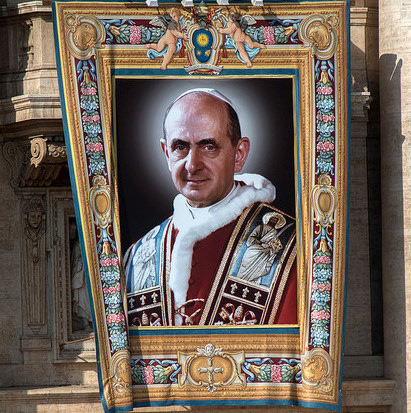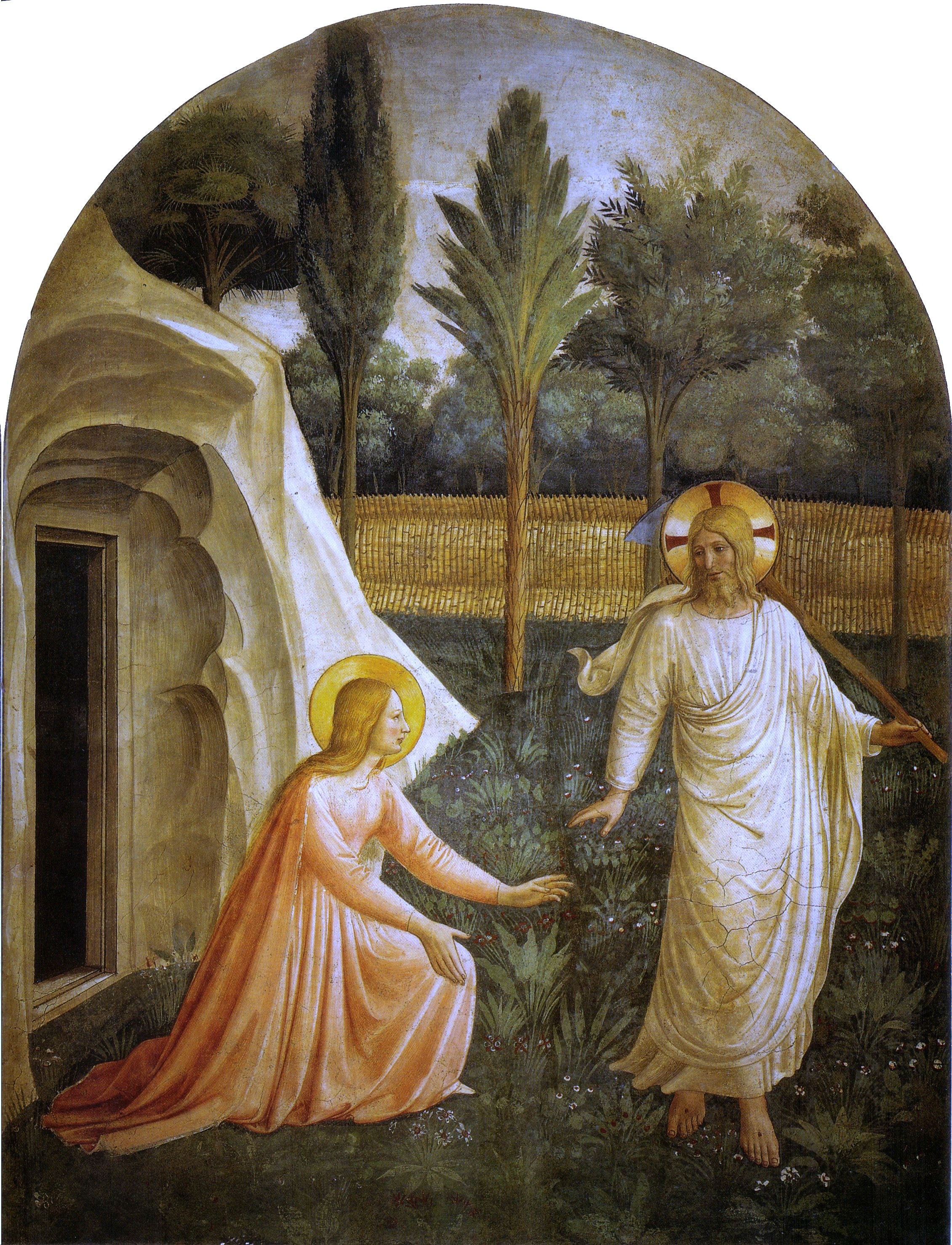The Congregation for Divine Worship and the Discipline of the Sacraments has issued a Homiletic Directory. Archbishop Roche’s introduction can be found on The Bishops’ Conference News site. There is an interview with him on Vatican Radio.
This fulfils a request for such a directory made at the Synod of Bishops on the Word of God in 2008.
The Contents are as follows:
++++
Introduction
PART ONE: THE HOMILY AND ITS LITURGICAL SETTING
- THE HOMILY
- INTERPRETING THE WORD OF GOD IN THE LITURGY
III. PREPARATION
PART TWO: ARS PRAEDICANDI
- THE PASCHAL TRIDUUM AND THE FIFTY DAYS
- The Old Testament Reading on Holy Thursday
- The Old Testament Reading on Good Friday
- The Old Testament Readings of the Easter Vigil
- The Easter Lectionary
- THE SUNDAYS OF LENT
- The Gospel of the First Sunday of Lent
- The Gospel of the Second Sunday of Lent
- The Third, Fourth, and Fifth Sundays of Lent
- Palm Sunday of the Lord’s Passion
III. THE SUNDAYS OF ADVENT
- The First Sunday of Advent
- The Second and Third Sundays of Advent
- The Fourth Sunday of Advent
- THE CHRISTMAS SEASON
- The Liturgies of Christmas
- The Feast of the Holy Family
- The Solemnity of Mary, the Mother of God
- The Solemnity of the Epiphany
- The Feast of the Baptism of the Lord
- THE SUNDAYS IN ORDINARY TIME
- OTHER OCCASIONS
- Weekday Mass
- Weddings
- Funerals
APPENDIX I: THE HOMILY AND THE CATECHISM OF THE CATHOLIC CHURCH
Cycle A
Cycle B
Cycle C
Other Holy Days
APPENDIX II: POST-CONCILIAR ECCLESIAL SOURCES RELEVANT TO PREACHING
++++
The Directory will be available from the website of the Congregation and will be published by the Catholic Truth Society.

 On Friday 10 June the Congregation for Divine Worship and the Discipline of the Sacraments announced that the celebration of St Mary Magdalene on 22 July had been raised to a Feast. The decree recognises St Mary Magdalene as first witness to the Resurrection and the first evangelist. Called by St Thomas Aquinas an ‘apostle of the apostles’.
On Friday 10 June the Congregation for Divine Worship and the Discipline of the Sacraments announced that the celebration of St Mary Magdalene on 22 July had been raised to a Feast. The decree recognises St Mary Magdalene as first witness to the Resurrection and the first evangelist. Called by St Thomas Aquinas an ‘apostle of the apostles’.